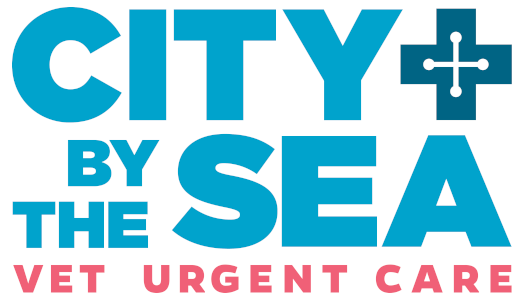How to Protect Pets from Bird Flu and Recognize Symptoms
What is the bird flu?
Bird flu is just a strain of influenza. It's HPAI, which stands for highly pathogenic avian influenza, and the strain is H5N1. We don't have a vaccine for it just yet. Every species seems to have a specific influenza strain that historically would just affect that species.
Have there been any other species affected by bird flu?
Yes. As of February 2025, there have been over 800 confirmed cases of avian influenza in the state. Zero of them have come from commercial flocks. There's been one backyard flock that was affected, and then one feral cat was confirmed positive for avian influenza at that time. Unfortunately, the pet developed neurologic symptoms and was humanely euthanized, and that's how the disease was diagnosed.
So, what should cat and dog owners be looking out for?
That's a good question. There haven't been any confirmed dog cases just yet. In birds, it is pretty much 100% fatal if the bird is affected. In cats, if the pet is treated early enough with supportive care, such as aggressive IV antibiotics to treat any kind of secondary infection, because it is a virus, allowing the body to mount an immune response has been the only way to survive this virus. Again, dogs have not been affected, but that doesn't mean it is not possible. As far as what pet owners should watch out for, classically, it's respiratory signs: coughing, trouble breathing, lethargy, fever, poor appetite. Some cases can have vomiting and diarrhea, and in other cases, obviously, neurologic diseases and seizures as well.
What steps can I take to help protect my pets?
There are basically five main things that pet owners should do. Number one is limiting exposure. There's no vaccine for this strain of flu just yet, so the best way is to keep your pets away from wild birds and migratory birds. We think that essentially, this is how the disease is going to spread from place to place. If you encounter a dead bird or a bird that looks sick, you should contact your local wildlife authority and let them get involved first and foremost. Number two, hygiene practices. Wash your hands thoroughly, especially if you're someone who likes to take your pet for walks and you're feeding birds at the same time. Keeping your hands clean and changing your shoes and clothes before coming into contact with your pets can be important. Number three is avoiding raw poultry. Don't feed your pets raw poultry or any kind of wild bird meat. Unpasteurized milk and raw or undercooked meat can be a source of infection, and that's something we want to avoid in feeding our pets. Reporting sick birds is going to be really important because that's the way we can keep tabs on how this virus is spreading, by testing a lot of sick birds. And last but not least, as always, your veterinarian is your best resource for personalized advice and guidance.
If you have questions, we would love to answer them for you. Please give us a call at the office at (848) 217-5000, or you can email us at [email protected]. Our staff would love to talk with you!
Don't forget to follow us on social media Facebook, Instagram.


